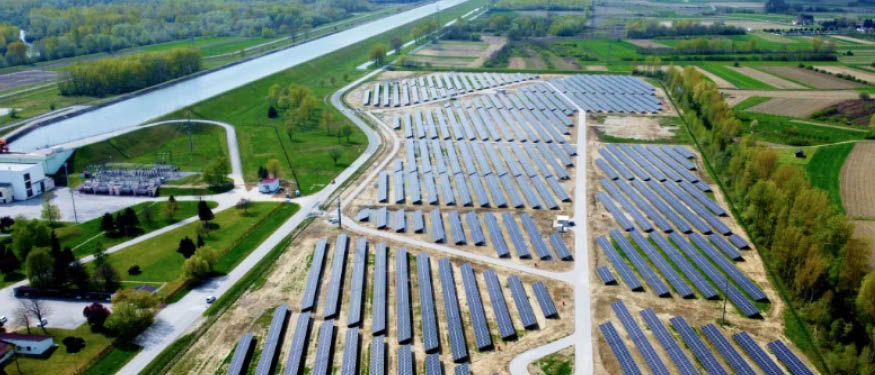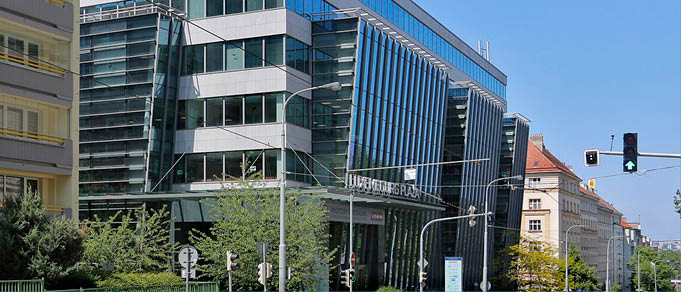Popovici Nitu Stoica & Asociatii and Suciu Partners have advised PPC on the merger of its Romanian renewables companies into PPC Renewables Romania.
Norton Rose Fulbright Advises Bank Millennium on Refinancing of PAD RES Solar Portfolio in Poland
Norton Rose Fulbright has advised Bank Millennium on the refinancing of 13 operational photovoltaic projects developed by PAD RES Group, a joint venture between Griffin Capital Partners and Kajima Europe. DLA Piper reportedly advised PAD RES.
Cobalt and Sorainen Advise on EUR 85 Million Financing for Sunly’s Solar Projects in Latvia
Cobalt, working alongside Clifford Chance, has advised the European Investment Bank, the European Bank for Reconstruction and Development, and SEB on a EUR 85 million financing package for Sunly. Sorainen, working with CMS, advised Sunly.
Lambadarios and Karatzas & Partners Advise on EDPR's Sale of Greek Wind Portfolio to Principia
Lambadarios has advised EDP Renovaveis on its sale of a 100% equity stake in a 150-megawatt portfolio of operating wind farms in Greece to Principia. Karatzas & Partners advised Principia.
Vlasceanu & Partners and Malkoc & Partners Advise Ulusoy Group on Entry into Romanian Renewable Energy Market
Vlasceanu & Partners, working with Malkoc & Partners, has advised Ulusoy Group on its entry into the Romanian renewable energy sector via the acquisition of a 20-megawatt ready-to-build solar project located in Dambovita County.
European Industry in Energy Transition: Support, Rules, and New Opportunities for Business
European industry is going through a period of fundamental change. Rising (not only) energy costs, the pressure of global competition and, above all, new public expectations and the requirements of EU environmental regulation. All of these factors are putting pressure on the current EU industrial environment, which is looking for new ways to optimise production processes, reduce costs and meet regulatory obligations.
Cobalt Advises Stargate Hydrogen on Investment and Partnership with Repsol
Cobalt has advised Stargate Hydrogen on a partnership with Respol, including Repsol’s venture capital fund acquiring a minority stake in the company.
























